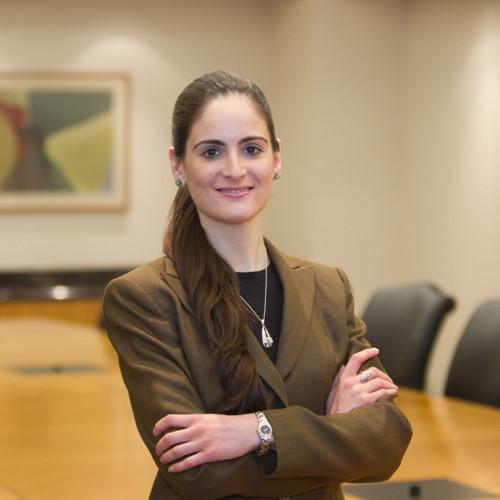
Ismailov is a trusts and estates and tax attorney at Cole Schotz P.C.
How did you get started in your current area of practice?
My first employer, a partner at Riker Danzig, was on the board of a scholarship I received at Rutgers Law. He told me about an associate opening in his practice group, Trusts and Estates.
For someone unfamiliar with your practice area, how would you describe it?
I prepare estate planning documents (Wills, Trusts, Powers of Attorney, Health Care Directives) and have an active tax controversy practice in income and sales tax compliance, nexus studies, and audits for businesses with multi-state operations.
Is there a typical day for someone in your practice area? If so, what is it like? If not, what types of experiences can you have from day-to-day?
I have a long list of matters, whose status I track every day—tax research in one for a client memo; phone call to the IRS revenue officer to request a stay on enforcement as we prepare an offer in compromise for a tax delinquent client; matters status meeting with the partner in my group; writing an article or preparing a presentation about my practice; answering a client's questions about his or her estate planning documents—there's never a dull day!
Are there certain skills and personality traits that are important in your practice area?
Thoroughness, passion for your practice area, and loyalty/reliability with colleagues and clients.
What is the most fulfilling part of your practice?
Advocacy for clients that might otherwise suffer enforcement consequences of either bad tax decisions or not knowing applicable tax laws for a business.
What is the most challenging part of your practice?
Making sure nothing falls through the cracks, reviewing and replying to every email and requests through other channels, and making sure to have enough "billable time" to fulfill law firm-wide requirements—a juggling act, if there were ever one.
How did Rutgers Law help prepare you for this work?
I had great professors, a great cohort of classmates, the law school's contacts in the industry, and very helpful career services. All of my law school classes were useful, from introduction to tax law and trusts and estates classes to 1L property law and constitutional law seminar. My law journal experience was formative, including making the law school experience more fun by studying with others in the journal suite. My appellate clerkship after law school was a wonderful career-shaping experience as well. I was in the Urban Law Clinic, which gave me important experience with administrative law and real clients. I was also a Minority Student Program (MSP) student, which gave me internship opportunities to help me stand out to potential employers.
What advice do you have for students interested in pursuing a career in your field?
You can develop a niche and passion in an area of tax law after gaining enough experience but it might take some time, patience, and stamina.